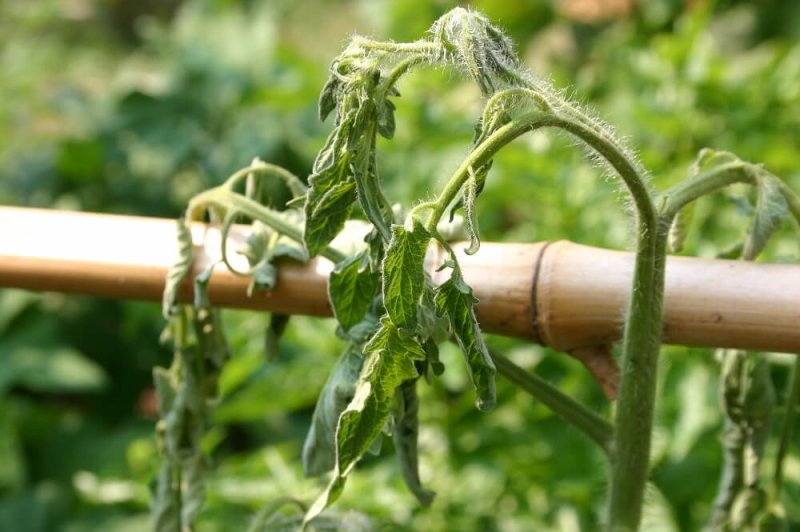Steven Oruko Kasamani is a smallholder farmer in Mayoni, Kenya, growing corn, soybean, kale and tomato to support a family of nine. Consumers in the developed world read news stories about growers like Mr. Kasamani, but rarely do they get a firsthand-look at just how difficult it is to farm in Africa.
In the video below, Kasamani describes his ongoing battle against a deadly plant disease called tomato bacterial wilt. Some farmers have access to pesticides designed to control the disease, though they’re not very effective. And when bacterial wilt strikes a farmer’s field, the results can be devastating as the disease is capable of wiping out the entire crop.
The 2Blades Foundation, an Illinois-based research nonprofit that has developed wilt-resistant tomatoes, released this video to raise awareness in the Western world about the threat posed by plant disease. That may seem like an insignificant discussion to people with full stomachs, but protecting crops from bacterial wilt and other pathogens means not going hungry to millions in Africa.
“This is our employment,” Kasamani says. “If I don’t farm, my children won’t go to school and we won’t eat.”
Listen to the GLP’s interview with 2Blades president Diana Horvath to learn more: Plant diseases destroy $220 billion worth of crops annually. Meet the scientists fighting to protect our food supply. Follow 2Blades on Twitter @2Blades































